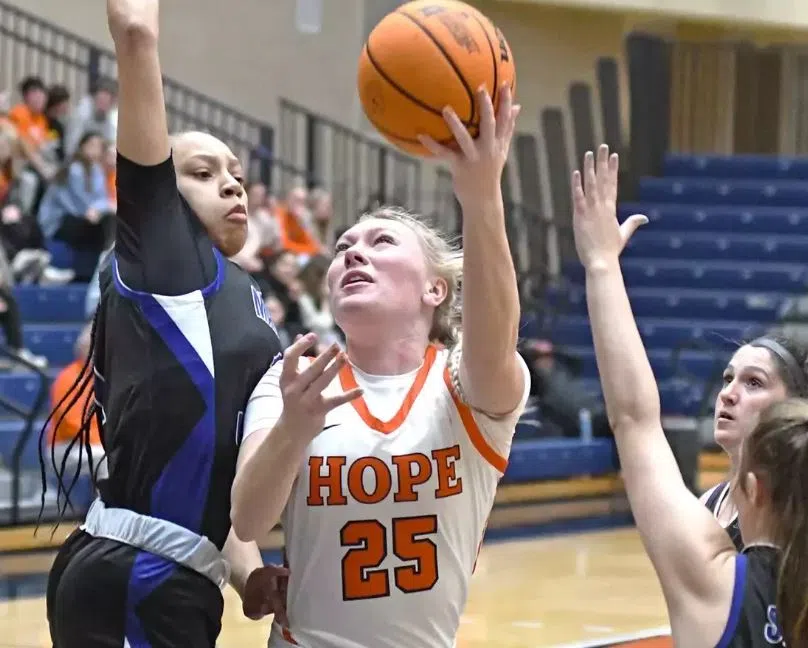CARACAS (Reuters) – Venezuelans are increasingly relying on friends and strangers to help pay for COVID-19 treatment as hyperinflation and soaring health care fees make social media pleas and crowdfunding campaigns the only way to cover costs while infection rates rise.
Although Venezuelans have used such platforms for years to cover the cost of medical treatment and operations in the country, now in its seventh year of economic crisis, the onset of COVID-19 has dramatically increased the practice.
The state of Venezuela’s already overloaded and crumbling public health system, in which hospitals often lack access to even water, has pushed many to use costly private centers. Meanwhile vaccination campaigns have been slow while drug prices increase as the country consolidates an informal dollarization.
Due to voracious inflation, most Venezuelans have no savings. Now families and friends of patients with COVID-19 post weekly appeals for funds on Twitter and Facebook, often using an account loaned to them from someone abroad if asking in dollars.
In July, Miguelangel Borsegui, a 20-year-old engineering student, posted to Twitter in search of help towards getting medicine and oxygen for his 62-year-old mother who had COVID-19 and was receiving treatment at home.
Two weeks before his mother got sick, he lost his job and by the time he posted on Twitter, he also had contracted the virus. Meanwhile the bills had racked up to more than $700 and continued to rise.
“It was the hardest thing I’ve had to live through,” said Borsegui. “But the crowdfunding had more reach than expected.”
Nearly 20% of Venezuelan households that have suffered from a health condition have not purchased medicines, largely for economic reasons, Caracas-based firm Anova Policy calculated in an April report.
In Venezuela, the average monthly salary of a worker in the private sector reaches just over $50 dollars and in the public sector $4.7 dollars, according to an estimate from the Venezuelan Observatory of Finance. Antiviral medicines often cost $80 dollars an injection while an oxygen machine, without canisters, can cost $1,000.
Milfri Perez, a self-employed journalist whose 86-year-old father died of COVID-19 at home in August, posted on social media as costs reached over $10,000 between medicines, tests, nurses’ fees and oxygen. The nearest private clinic cost a prohibitive $3,000 a day.
Despite all eight siblings contributing, the cost was still well above what they could afford. About 40% was paid for with the help of friends and acquaintances.
In Venezuela, 95.2% of households do not have access to an effective health insurance system, estimates Anova. In March the government established a tab for local insurance for COVID-19 care to cover a maximum of 14 days of intensive care and pay up to $23,600 per patient with coronavirus, after that families scramble to pay, even after death.
Many of the social media crowdfunding efforts are to pay off debts of the deceased.
German Cortez, president of Venezuela’s medical clinic association, said sometimes they just tell families what medicines to buy more cheaply elsewhere.
Those with friends and family in public hospitals have to bring supplies due to the lack of medicines and equipment.
Carlos Roque, a pharmacist, turned to social media to cobble together funds to hire an external service to provide his mother, who later died, with dialysis because the hospital’s machine was not working. Each dialysis cost $725. Part of the expense was covered from his posts on social media, but not all of it.
Venezuela’s official COVID-19 case count exceeds 372,000, while its death toll has reached over 4,500, although doctors and medical academies say that the figures are higher.
(Reporting by Mayela Armas; Writing by Sarah Kinosian; Editing by Marguerita Choy)






